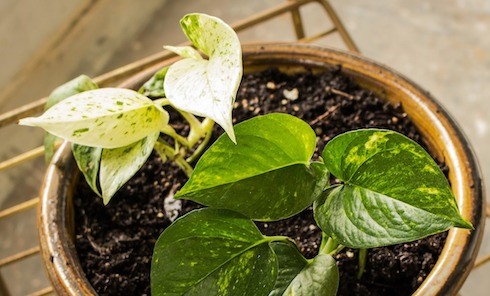3 Nutrients and 2 House Plants That Can Help People Suffering From Fragrance Sensitivities
According to Dr. Wally Schmitt, DC, the following nutrients can help individuals struggling with odor sensitivities. Muscle testing can be used to determine if the following will be helpful for each individual.
Nutrients
-
Molybdenum
Molybdenum is a trace mineral found in dairy products (milk, cheese), cereal grains, legumes and leafy vegetables, nuts, and organ meat. The content of molybdenum found in plants depends on the growing area’s soil. This mineral helps break down substances. -
Selenium
Selenium is especially high in Brazil nuts, sunflower seeds, pinto beans, halibut, sardines, grass-fed beef, skipjack tuna, wild-caught salmon, beef liver, oats, navy beans, lean chicken, turkey, eggs, and spinach. -
Vitamin E
The mixed tocopherols found in vitamin E can help those suffering from fragrance/odor sensitivities. Foods such as nuts (sunflower seeds, almonds, hazelnuts, pine nuts), spinach, avocados, olive oil, and tomato’s are particularly rich in vitamin E.
House Plants That Absorb Toxic Odors
- Golden Pothos
Pothos plants are one of the best plants for removing indoor air toxins. They prefer medium to lower light conditions, making them perfect houseplants. - Ivy Plants
Ivy plants are also incredible for removing indoor air toxins. These plants are easy to grow, doing best in indirect sunlight. They generally thrive in climates that aren’t too hot.

3 Nutrients and 2 House Plants That Can Help People Suffering From Fragrance Sensitivities

